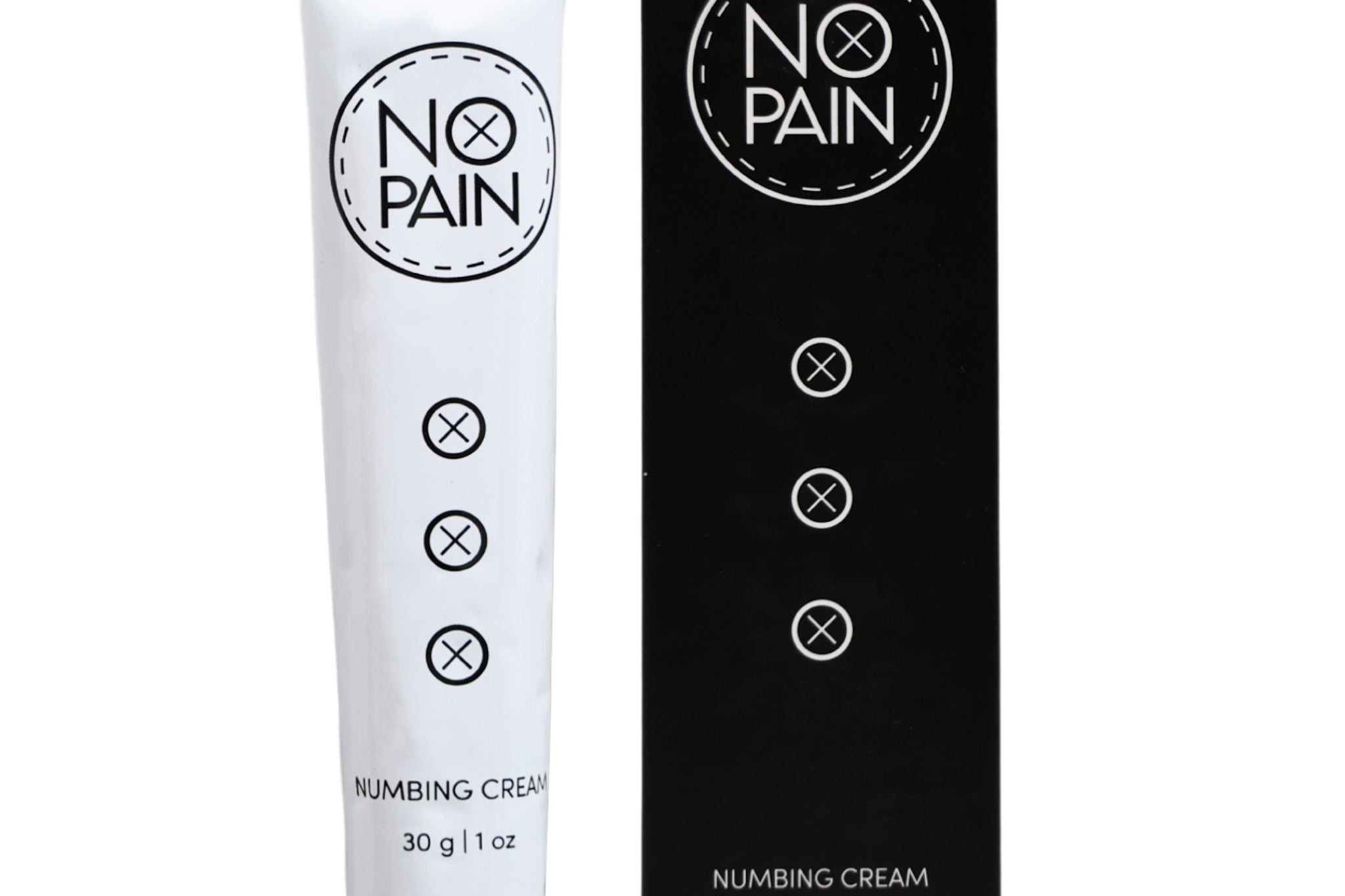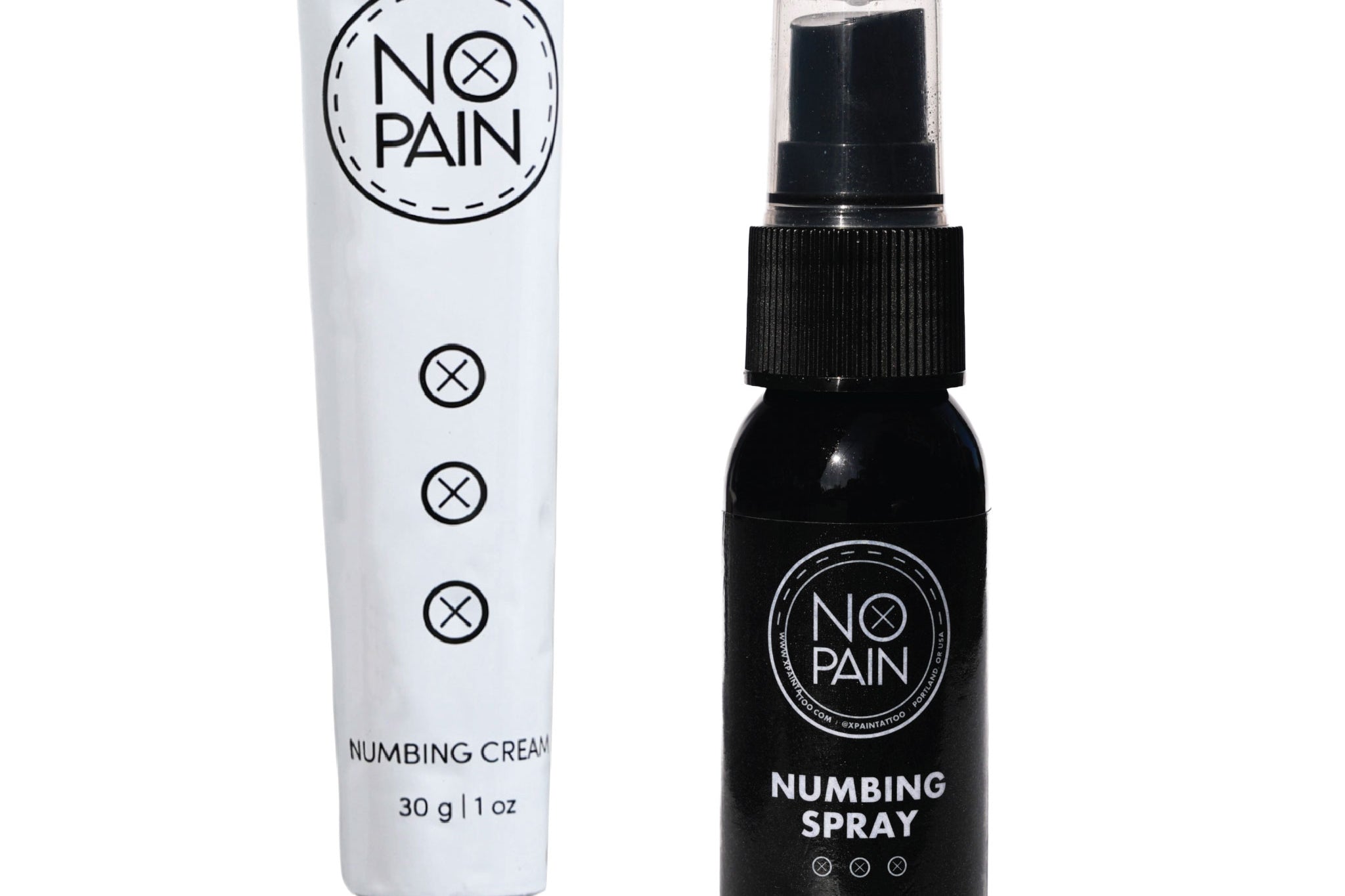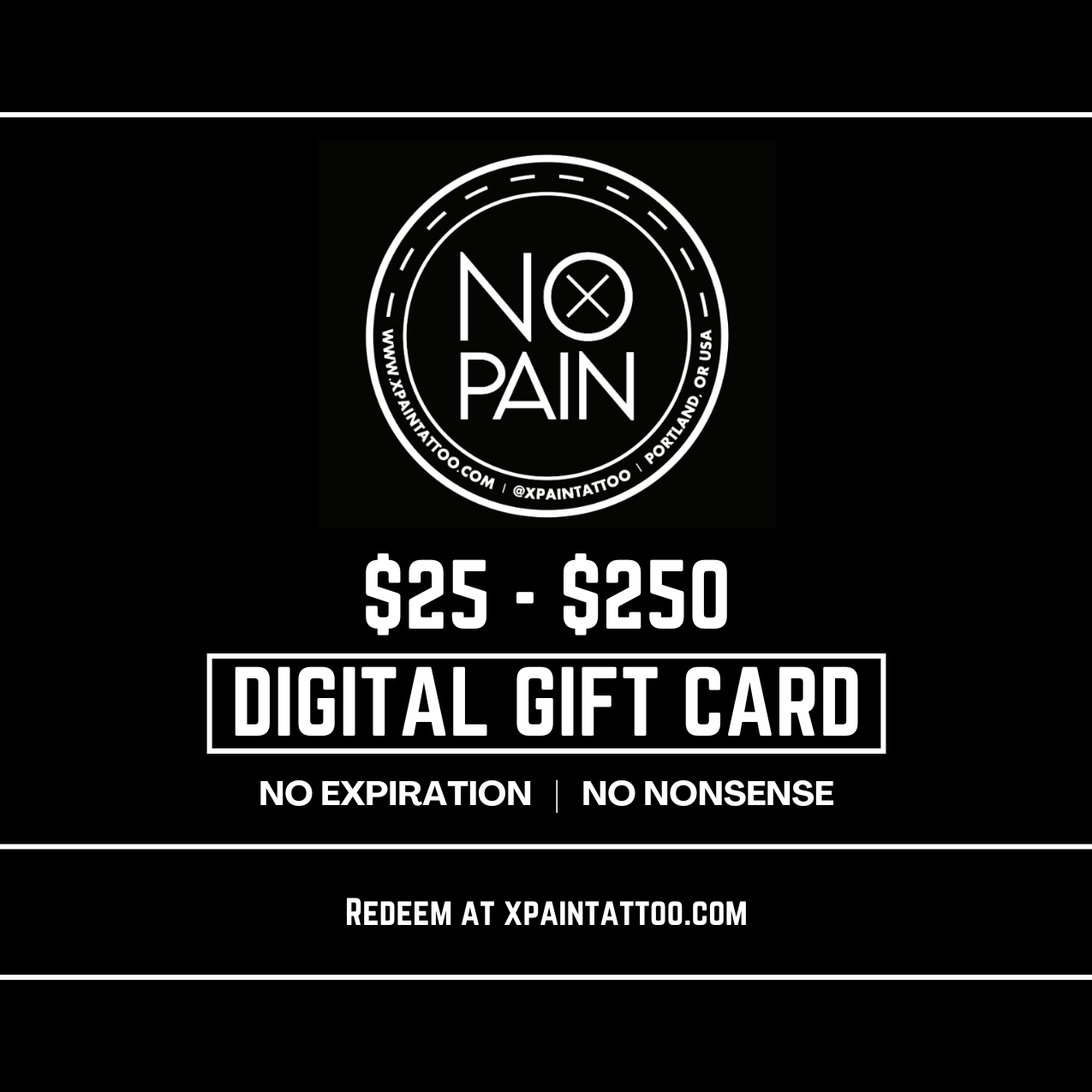You've invested time and money into a beautiful piece of art that lives on your skin. You've navigated the tattoo healing stages perfectly, and it looks incredible. Now, your job shifts from healing to preservation. The single greatest threat to the longevity and vibrancy of your tattoo is the sun.
This leads to a critical question for every tattoo owner: What is the best sunscreen to use on tattoos?
Choosing the right sunscreen is the most important step in any long-term tattoo aftercare routine. It is the number one answer to how to keep tattoos from fading. This is your complete guide to choosing the perfect sunscreen to protect your ink.
Why Sunscreen is Non-Negotiable for Tattoos
First, it's crucial to understand why this is so important. How tattoos age is directly linked to sun exposure.
-
The Science: UV radiation from the sun penetrates deep into your skin and physically shatters the ink pigment in your dermis. Your body's immune system then flushes these tiny, broken particles away.
-
The Result: With every unprotected sun exposure, you are actively fading your own tattoo. Bold blacks turn into blurry greys, and vibrant colors become dull. What tattoo color fades the fastest? Lighter pigments like yellow, white, and pastels are the most vulnerable and can disappear completely over time.
The Golden Rule: Only on a Fully Healed Tattoo
Before we talk about what to use, let's talk about when. You must NEVER apply sunscreen to a new, healing tattoo. A fresh tattoo is an open wound, and the chemicals can cause severe irritation and infection. Keep a new tattoo completely covered with clothing until it is 100% healed (all peeling is finished and the skin texture is normal), which is typically a minimum of 3-4 weeks.
Your Checklist for the Best Tattoo Sunscreen
1. High SPF (30 or Higher)
-
What to look for: Look for a sunscreen with a Sun Protection Factor (SPF) of at least 30. For direct, prolonged sun exposure, SPF 50+ is even better.
-
Why it matters: A higher SPF provides a stronger and longer-lasting shield against the UVB rays that cause sunburn.
2. Broad-Spectrum Protection
-
What to look for: This is non-negotiable. The label must say "Broad-Spectrum."
-
Why it matters: Broad-spectrum protects against both UVB rays (which cause burning) and UVA rays. UVA rays are the ones that penetrate deeper into the skin and are primarily responsible for breaking down your tattoo ink and causing premature aging.
3. Mineral vs. Chemical Sunscreen
-
Mineral (Physical) Sunscreens: These contain active ingredients like Zinc Oxide and Titanium Dioxide. They work by creating a physical barrier on top of the skin that reflects UV rays. They are generally considered excellent for sensitive skin.
-
Chemical Sunscreens: These contain organic compounds that absorb into the skin and convert UV rays into heat, which is then released from the skin.
-
The Verdict: Both are effective! The "best" one is the one you will use consistently. Many people with tattoos prefer mineral sunscreens as they are gentle on the skin.
4. Water Resistance
-
What to look for: If you'll be swimming or sweating, choose a sunscreen that is labeled "water-resistant."
-
Why it matters: It will stay on your skin longer when wet, but remember that no sunscreen is fully waterproof. You must reapply after getting out of the water.
The After-Sun Routine: The Secret to Vibrancy
Sunscreen is your shield during the day, but after-sun care is what restores your skin and makes your tattoo truly "pop." Sun and salt water are incredibly dehydrating.
-
The Routine: After a day outside, wash the sunscreen off your tattoo with a gentle cleanser. Then, apply a deep, nourishing moisturizer.
-
The Best Tool: Our No Pain Tattoo Aftercare Balm is the perfect after-sun treatment. It's packed with natural butters and oils that rehydrate and condition the skin, making the ink appear darker, richer, and more defined.
The Bottom Line: The best sunscreen for your tattoo is a high-SPF, broad-spectrum one that you will use every single day. By making sun protection a non-negotiable habit, you are making a lifelong commitment to preserving your art.




